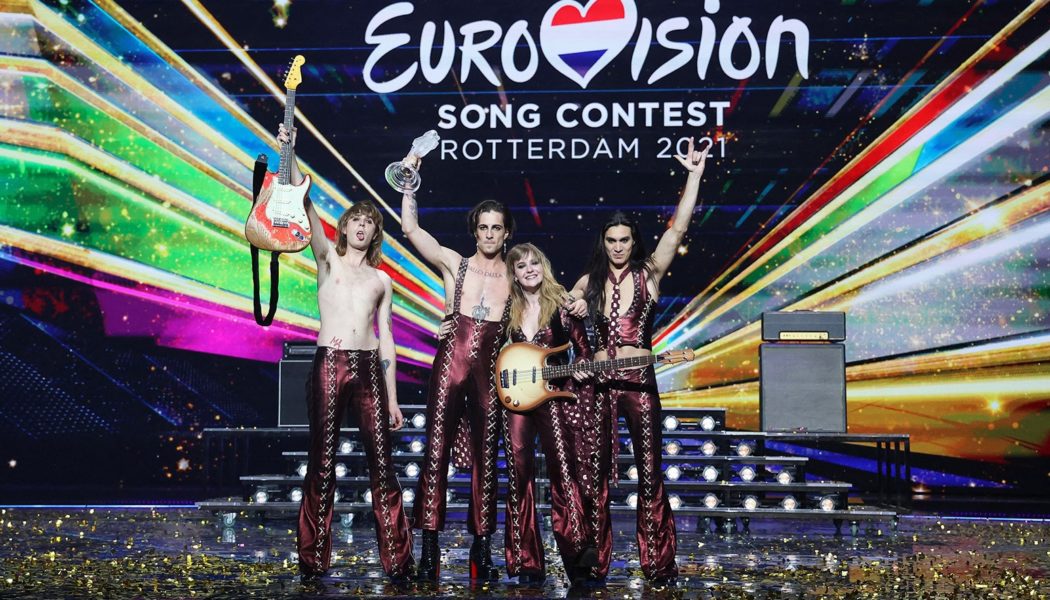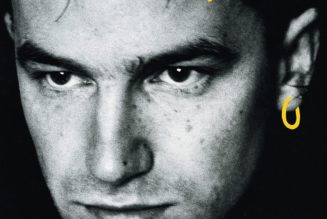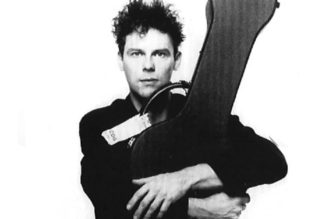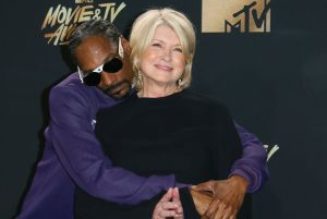
Importantly, the popular song competition was a hit with young audiences. The 15–24-year-old demographic was up 7 percentage points against the corresponding data from 2019. More than half that age group (52.8%) tuned in on TV.
Eurovision also spread the cheer online. In the week leading up to the final, some 50.6 million unique viewers logged onto the official YouTube channel, up 28% on 2019, with fans connected from 234 countries.
Not surprisingly, the 18–34-year-olds accounted for most of the live views (71%), and Eurovision was a buzz topic on social media, with nearly 5 million Eurovision-related tweets sent on the night of the Grand Final.
During Eurovision week, the official Eurovision social accounts — across Instagram, Facebook, Twitter and TikTok — generated 14 million engagement actions on posts, the EBU reports.
Losers can also be winners. The U.K.’s entrant James Newman scored zero points in the final with his song “Embers,” but that didn’t stop 7.4 million viewers watching on in his homeland, the highest number from that territory since 2014 and up 6% on 2019.
Where awards ceremonies in the U.S. and beyond are posting diminishing ratings, Eurovision, and its camp, relentlessly-upbeat format, plays to a different beat.
“We’re thrilled to see that audiences welcomed back the Eurovision Song Contest in such huge numbers and very proud to have brought millions together at a time when so many are still apart,” comments Martin Osterdahl, Executive Supervisor of the 2021 Eurovision Song Contest.
The “overwhelmingly positive response” to contest and its performers are an indication that, the Eurovision’s impact is “bigger than ever,” he continues.
The glitter-fest has long been dismissed in some parts, particularly the U.K. and U.S., as a procession of style with no substance. The viewing numbers would suggest otherwise.
And as Billboard reports, the contest that famously launched the career of ABBA, has become more attractive to major record labels because of that massive audience.










